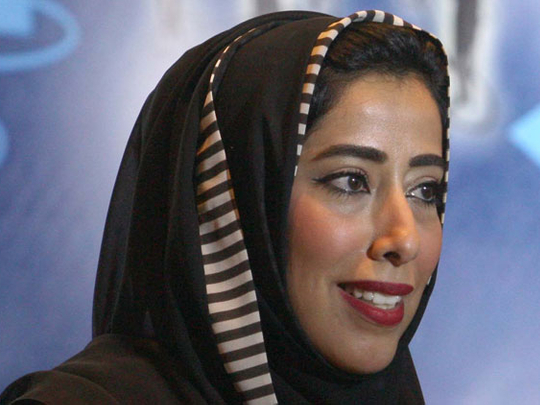
Dubai: The proliferation of social media in the Arab world has pushed government and media leaders to directly acknowledge public sentiments and grievances, the Social Media Summit in Dubai heard on Monday.
Former Jordanian Prime Minister Samir Al Rifai told the summit that user-uploaded content sharing sites formed a digital front in the Arab Spring revolutions, loosening the state’s grip on information control.
“This is the age of information. It is no longer the eight-o-clock news on a government-controlled TV station,” said Al Rifai, who was prime minister from 2009-11.
Some 30 per cent of people in the region view social media as their main source of news, he added.
Al Rifai said government officials and media outlets had no choice but to respond to public concerns — as well as “rumours” — circulating on social media.
“Gone are the days of reaction and carefully prepared statements. People expect real-time, proactive engagements on social media.”
He added that the “voice of the government” in the region will be “lost in gossip” on social media unless it has a communication strategy in place.
The rise in information sharing is leading to a “breakdown of all [official] barriers”, with people expecting “a direct line” and “distortion-free communication” where key messages can be communicated directly, “without interference from news editors or other sources”.
The trend was particularly true in the Middle East, Al Rifai said, where social media is growing at one of the fastest rates in the world, mainly due to its popularity with tech-savvy youth.
He added that social media users accustomed to real-time information sharing will “not tolerate the analogue speed of government operators”.
Al Rifai said he was “the first Jordanian prime minister to have a Twitter and Facebook page. Some colleagues were unhappy, saying it took away from the prestige of the job and it would make me a target [of critics]”.
‘Fraud and misrepresentations’
However, he acknowledged that social media is “rife with fraud and misrepresentations”.
The need to verify information posted online has also put pressure on media to balance between breaking news and investing time in confirming leads.
CNBC Arabia CEO Mohammad Burhan said the rise of citizen journalism also meant mainstream press or state censors had less control over the news agenda. He said in the Syria conflict where information flow is tightly controlled, ordinary people were “trained to report professionally and send [news] back”.
‘New majlis’
In the UAE, social media has had a community effect, emerging as the “new majlis” of the UAE, said Mona Al Merri, director-general of the Dubai Government Media Office.
“In its early years, there were very few means of communication in the UAE. The majlis, which is one of the key emblems of Emirati culture, was the main gathering point where the general public and the country leaders came to discuss important topics related to their daily lives,” she added.
“Though the majlis still stands today in its traditional form, the advent of technology has given birth to a new majlis — a platform we call social media,” she said.
The inaugural one-day summit took place at Armani Hotel in Dubai.












